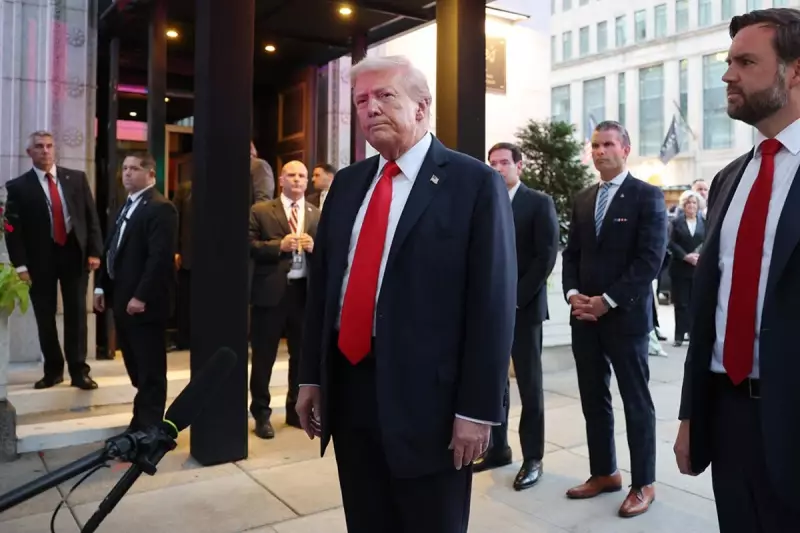
In a move that starkly contrasts with both current US diplomatic efforts and his own previous administration's stance, former President Donald Trump has unexpectedly praised Qatar for its mediation in the Israel-Hamas conflict.
The comments, made during a rally, have sent ripples through the foreign policy community, creating an unusual divergence from the official line of his likely 2024 election opponent, President Joe Biden.
Contradiction and Controversy
Trump's commendation for Qatar's 'role in mediation' is particularly striking given his own history with the Gulf nation. During his presidency, his administration frequently characterised Qatar as a high-level sponsor of terrorism, a claim that has been a persistent point of contention.
This sudden shift in rhetoric places him at odds not only with his past self but also with many Republican allies in Congress who have been critical of Qatar's ties to Hamas and its hosting of the group's political leaders.
Political Fallout and Diplomatic Implications
The unexpected praise appears to be a direct rebuttal to the Biden administration's recent pressures on Qatar. US officials have been urging Qatari leaders to threaten Hamas with expulsion from their political office in Doha if the militant group continues to obstruct a potential ceasefire and hostage deal.
By publicly lauding Qatar's efforts, Trump is effectively undermining a key leverage point in the delicate negotiations, potentially complicating an already fraught diplomatic process.
A Pattern of Unconventional Foreign Policy Statements
This is not an isolated incident. Trump's recent foreign policy pronouncements have repeatedly broken from traditional Republican doctrine. He has drawn significant criticism for suggesting he would encourage Russia to attack NATO allies who fail to meet defence spending targets and for referring to Hezbollah as very smart.
These statements collectively signal a potential dramatic shift in US foreign policy should he return to the White House, moving away from longstanding international alliances and towards a more transactional and unpredictable approach to global affairs.
The ultimate impact of these comments on the ongoing, sensitive ceasefire negotiations remains to be seen, but they undoubtedly add a new layer of complexity to an already volatile situation.





